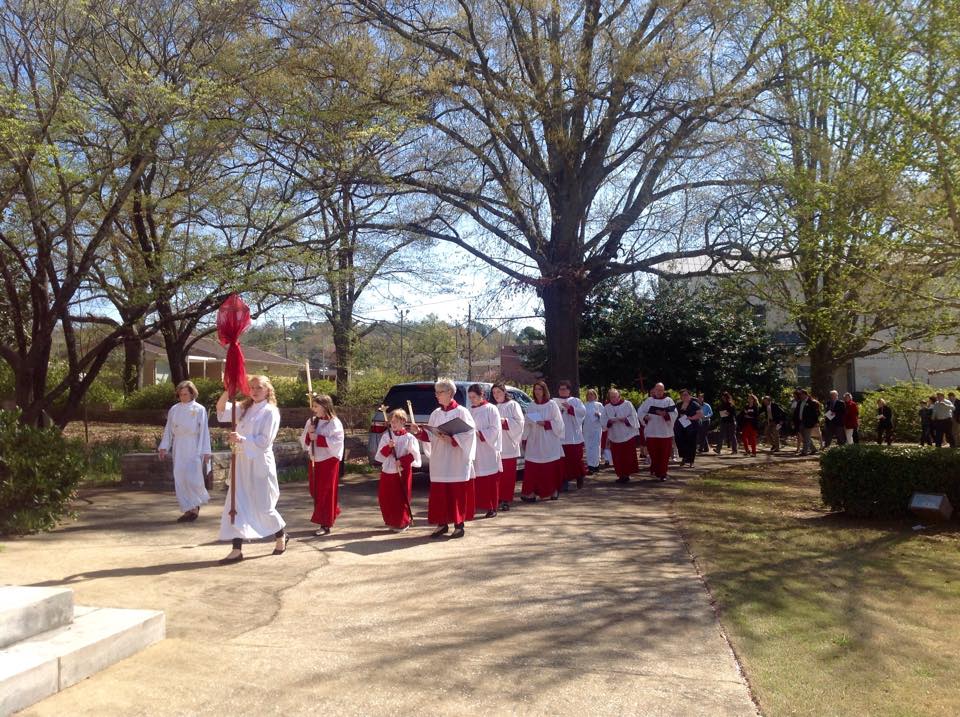
We just launched The Ministry of Acolytes 3: Artifacts and Movement For Individuals and For Groups
In this third class in our Ministry of Acolytes series, Roger Speer talks about the best ways to engage acolytes in the ministry of serving at God’s altar. He emphasizes training acolytes through telling stories and utilizing games that involve kids in their own learning process. He also discusses the importance of establishing, communicating, and maintaining high standards for acolytes as they serve in this ministry.
We all have stories, and stories surround us. Churches have stories, and the items in the church tell that story. Even the shape of the building, the graveyard or columbarium, the windows in the church tell stories, and these stories come together to define that congregation and its history as a community. Roger emphasizes using the objects in church to tell acolytes the story of their church. The chalice they use for Communion isn’t just a chalice — it was made especially for the church by a potter who was a member of the congregation, and the potter said prayers as she created it. Letting the acolytes touch this chalice makes that part of the church’s history real to them. The baptismal font is a total immersion font, and once, about fifteen years ago, an over-enthusiastic baptismal candidate (age 4) jumped in before it was time and tried to baptize himself. Telling children these kinds of stories not only shows children what the objects in the church are and why they matter, but also incorporates the children’s lives and service into the church’s story.

Roger emphasizes game playing as part of acolyte training. Running around the church finding clues hidden in the lectern and letters to hidden codes on different pieces of the vestments might not seem like acolyte training in the traditional sense — but it engages children. Acolyte leaders should emphasize connecting the children to their ministry, and games connect them much better than lectures do. The aim should be to ensure that each acolyte on the individual level has a meaningful, spiritual experience, and, more broadly, that we (re)establish the ministry of acolytes as, in Roger and Sharon’s words, a “ministry built upon a formative system of development that is changeless, consistent, powerful and transformative.”
This is the third class in our Ministry of Acolytes series. The other courses in this series are being launched through the summer of 2019. Participants who complete all five courses can earn a ChurchNext certificate in Acolyte Leadership.
This course is useful for anyone interested in serving in children’s ministries. If you’re interested in learning more about this class, view a preview here.
